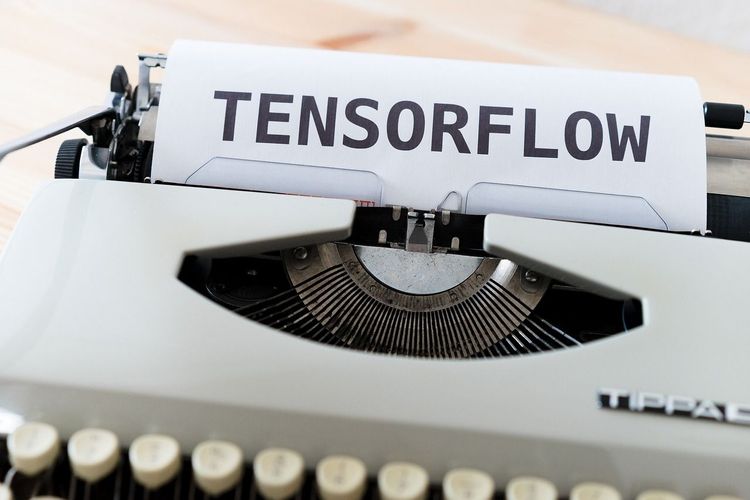At Google’s I/O developer conference, the tech giant presented its vision for the future of AI, aiming to establish its superiority over competitors. Attendees witnessed the launch of a new AI-enhanced search engine, an AI model that boasts an expanded context window of 2 million tokens, and AI-driven tools integrated into its Workspace apps like Gmail, Drive, and Docs. Furthermore, Google introduced tools for developers to incorporate its AI into their applications and offered a glimpse into Project Astra, an ambitious AI project designed to interact using sight, sound, voice, and text.
While each innovation was noteworthy, the sheer volume of AI announcements proved overwhelming. Although the event primarily targeted developers, it also sought to engage end users. Yet, amidst the flurry of information, even tech-savvy consumers might find themselves puzzled: What exactly is Astra? Is it the technology behind Gemini Live? How does Gemini Live compare to Google Lens? What distinguishes it from Gemini Flash? Are Google’s AI glasses an actual product or just speculation? What is Gemma, LearnLM, and what are Gems? When will Gemini integrate into your daily tools like email and documents? How can these advancements be utilized effectively?
If these questions resonate with you, congratulations. You’re likely well-informed about the latest in tech. (For those needing clarity, links are available to catch up.)
Despite the enthusiasm of the presenters and the cheers from the Google crowd, the overarching message of the event was that we’re still in the early stages of AI evolution. If AI is destined to reshape technology as significantly as the iPhone transformed personal computing, this wasn’t the platform where it fully emerged.
The atmosphere at the conference suggested that even Google employees recognized that more work lies ahead. For example, when demonstrating how AI can rapidly compile a study guide and quiz from a lengthy document, it was noted that the quiz lacked source citations. An employee acknowledged that while the AI generally performs well, future versions would include references for fact-checking. However, if verification is necessary, how reliable can an AI-generated study guide be for exam preparation?
In the Astra demonstration, a camera linked to a large touchscreen allowed users to engage in activities like playing Pictionary with the AI or asking it about various objects. Yet, the practical applications of these capabilities in daily life weren’t immediately clear, despite the impressive technology showcased.
For instance, during the livestreamed keynote, Astra demonstrated its ability to describe crayons using alliteration, responding with “creative crayons colored cheerfully.” While intriguing, these capabilities felt more like party tricks than tangible advancements. In a private demo, when tasked with identifying a simple drawing, the AI quickly recognized a flower but struggled with a rudimentary bug illustration. Though it eventually discerned a spider, human intuition would have likely identified the bug much more rapidly.
Notably, recording and photography were prohibited during the Astra demo, which limited insights into the technology's full potential. Google had Astra operating on an Android phone, but attendees couldn’t interact with the app. Ultimately, the demos were innovative, yet Google missed a chance to demonstrate how its AI technology would enhance everyday experiences.
Consumers may wonder about the practical uses of AI, like generating a band name based on an image of a dog and a stuffed tiger or locating misplaced glasses—both scenarios presented during the keynote but lacking clear necessity.
This isn't the first time we've witnessed a tech event filled with promises of advanced technology lacking real-world application. Google has previously teased its AR glasses without substantial follow-through, echoing similar past efforts that failed to materialize.
Observing I/O, it appears that Google views AI as a revenue-generating tool, inviting consumers to pay for Google One AI Premium for product enhancements. This raises questions about whether Google is positioned to be a pioneer in AI, or if, like OpenAI's Sam Altman suggested, the technology will empower others to develop groundbreaking applications that benefit everyone.
There were moments during the conference when Google's Astra AI shone. Its potential to recognize code and improve systems based on diagrams hints at becoming a valuable work companion. Features that summarize emails, draft responses, and organize tasks could help users reach inbox zero more efficiently. Yet, many advanced features are set for rollout only in September, leaving significant questions about their immediate efficacy.
As Google seeks to attract developers to the Android ecosystem, doubts persist about the platform’s ability to rival Apple’s offerings. Responses from Googlers about the ideal time to switch from iPhone to Android pointed to a vague "this fall," coinciding with Apple's upcoming updates to SMS through RCS.
Future hardware developments—perhaps AR glasses or smarter wearables—may be necessary to elevate AI's role in personal devices, but Google has yet to unveil any concrete advancements. Historically, hardware launches have proven challenging, as seen with the underwhelming introductions of the Ai Pin and Rabbit.
Interestingly, during I/O, Google largely overlooked its key accessories like the Pixel Watch and Pixel Buds, both of which serve to anchor users within its ecosystem, much like Apple’s strategy with its devices and AI-powered Siri.
Anticipation builds for Apple’s WWDC, where the company is expected to present its own AI initiatives, potentially in collaboration with OpenAI or even Google. This raises questions about the competition: Can Apple truly compete if AI integration is less seamless than that of Gemini on Android?
With an impending fall hardware event, Google has the opportunity to observe Apple’s launches and craft its AI narrative to resonate as powerfully as Steve Jobs' groundbreaking iPhone introduction: “An iPod, a phone, and an Internet communicator. An iPod, a phone… are you getting it?”
The question remains: when will consumers understand and connect with Google’s AI in the same way? Based on this I/O, that clarity is still forthcoming.
We're launching an AI newsletter! Sign up here to ensure you receive it directly in your inbox.







